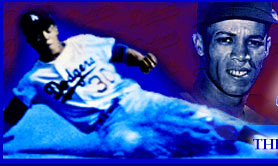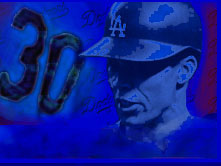




|
|

|
||||||||
|
Copyright © 2016 M & R SPORTS MARKETING LLP All Rights Reserved Website design/programming by Kyle Munkittrick |

 |
 |
 |
|||||||||||||||||||||||||||||
Home | Biography |
Hall of Fame |
Photos/Cards |
Links |
FAQ |
Contact Us |
News/Press |
Store 
|
|||||||||||||||||||||||||||||||
 |
|||||||||||||||||||||||||||||||
|
|||||||||||||||||||||||||||||||
 |
|||||||||||||||||||||||||||||||
|
|||||||||||||||||||||||||||||||
 |
|||||||||||||||||||||||||||||||